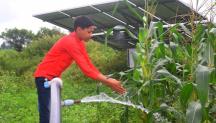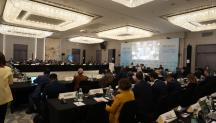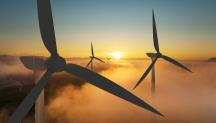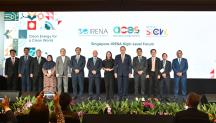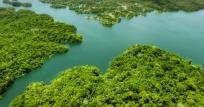
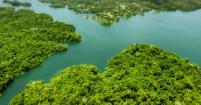
Renewable Energy Efforts Scaled-Up in Central America
Newsletter
Home to over 40 million people and with an economy growing more than a 3 per cent per year, Central America is a region with rapidly increasing energy needs. The natural conditions and climate variability of the region make it vulnerable to natural disasters, and approximately 7 million people in the region still have limited or no access to basic electricity.
To help tackle Central America's growing energy demand, diversify its energy mix, and ultimately reduce the region's reliance on fossil fuels, IRENA and Central American countries are working together to implement identified renewable energy recommendations in the region.
A series of meetings held on 20 and 21 June 2017, in Panama City, brought national and regional stakeholders together to discuss the methodologies used in the Central American Clean Energy Corridor (CECCA) and to work on validating the preliminary findings of IRENA’s Renewables Readiness Assessment (RRA) of Panama. Together, CECCA and RRA Panama support a cost-effective integration of larger shares of renewable energy in the region.
“We are pleased to host in partnership with IRENA the RRA Validation Workshop and the CECCA Pilot Projects implementation meetings in Panama. Although, Panama has developed nearly 400 megawatts of renewable energy capacity in the last 3 years, we still need more support to reach our 70 per cent renewable energy target by 2050," said Mr Víctor Carlos Urrutia, Panama's Secretary of Energy.
Stakeholders at the meeting included the Secretariat of Energy of Panama, the National Operator, National Regulator, and Private sector and the Development Agencies; German Development Agency, World Bank- International Finance Corporation in Panama and the Development Bank of Latin America.
Over the last 12 years the region's power demand has grown by 65 per cent, and it's been estimated that 7 gigawatts of new electric generation capacity will be needed by 2020. Fortunately, too help meet these needs, Central America boasts massive renewable energy potential in hydropower, biomass, geothermal, wind and solar energy sources.
The CECCA initiative identified two pilot projects for Panama focusing on practical ways to increase renewable energy deployment:
- A regulatory project assessing investment incentives for wind and solar PV plants in Panama, with the aim to promote improvements through amended power purchase agreements.
- A project focusing on the flexibility of the national grid and on supporting the lack of renewable energy training.
Key stakeholders at the meeting discussed the methodologies used in the CECCA pilot projects currently under implementation in Panama. The aim is to ensure buy-in from national entities, while supporting the implementation of the regulatory and technical component activities of the CECCA initiative in the country.
"The experience gained through the RRA process and the CECCA-technical and regulatory pilot projects will allow Panama to develop an adequate new regulatory framework and the development of a more flexible national grid to allow large shares of renewables," Mr Urrutia said.
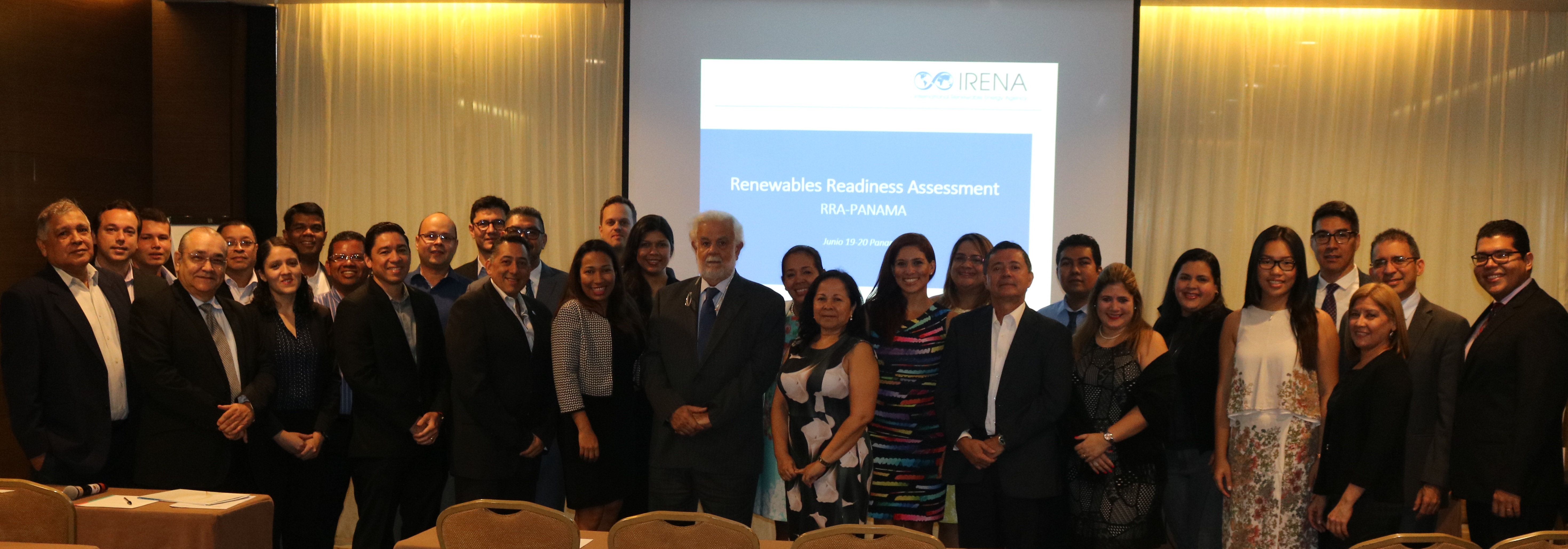
Key stakeholders at the RRA Validation Workshop Panama and CECCA-Implementation of Pilot Projects, Panama City, Panama.
What's next in the implementation process?
As a next step, IRENA will finalise the implementation of the RRA and CECCA Pilot Projects, taking into account the outcomes of the meetings held in Panama. In collaboration with national stakeholders, IRENA aims to hold a regional workshop at the end of 2017 to share lessons learned and methodologies used in the CECCA Pilot Projects with regional stakeholders and partners. The goal is to replicate this process in other regional states and to continue to customise CECCA’s activities to the specific energy needs of the region.
